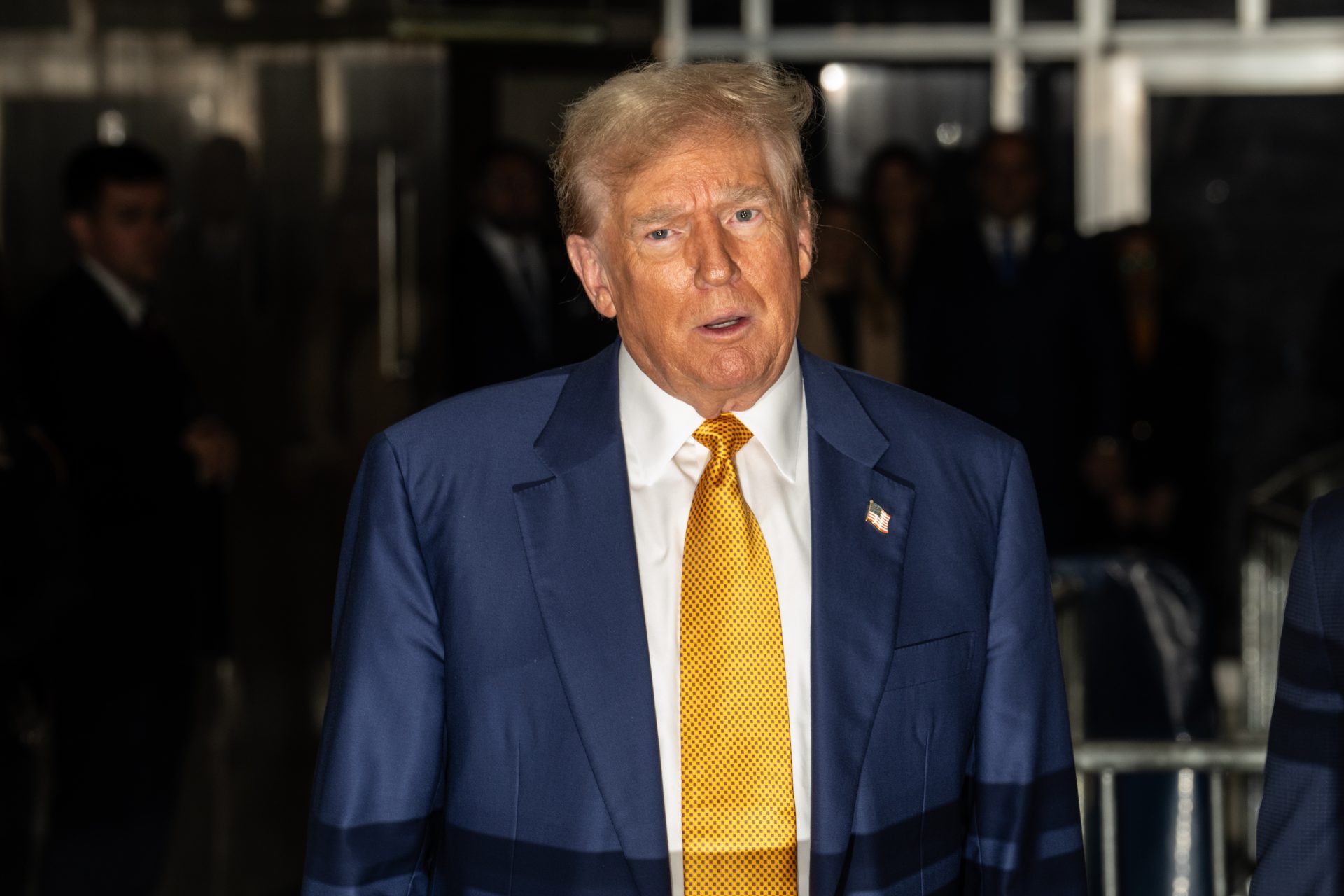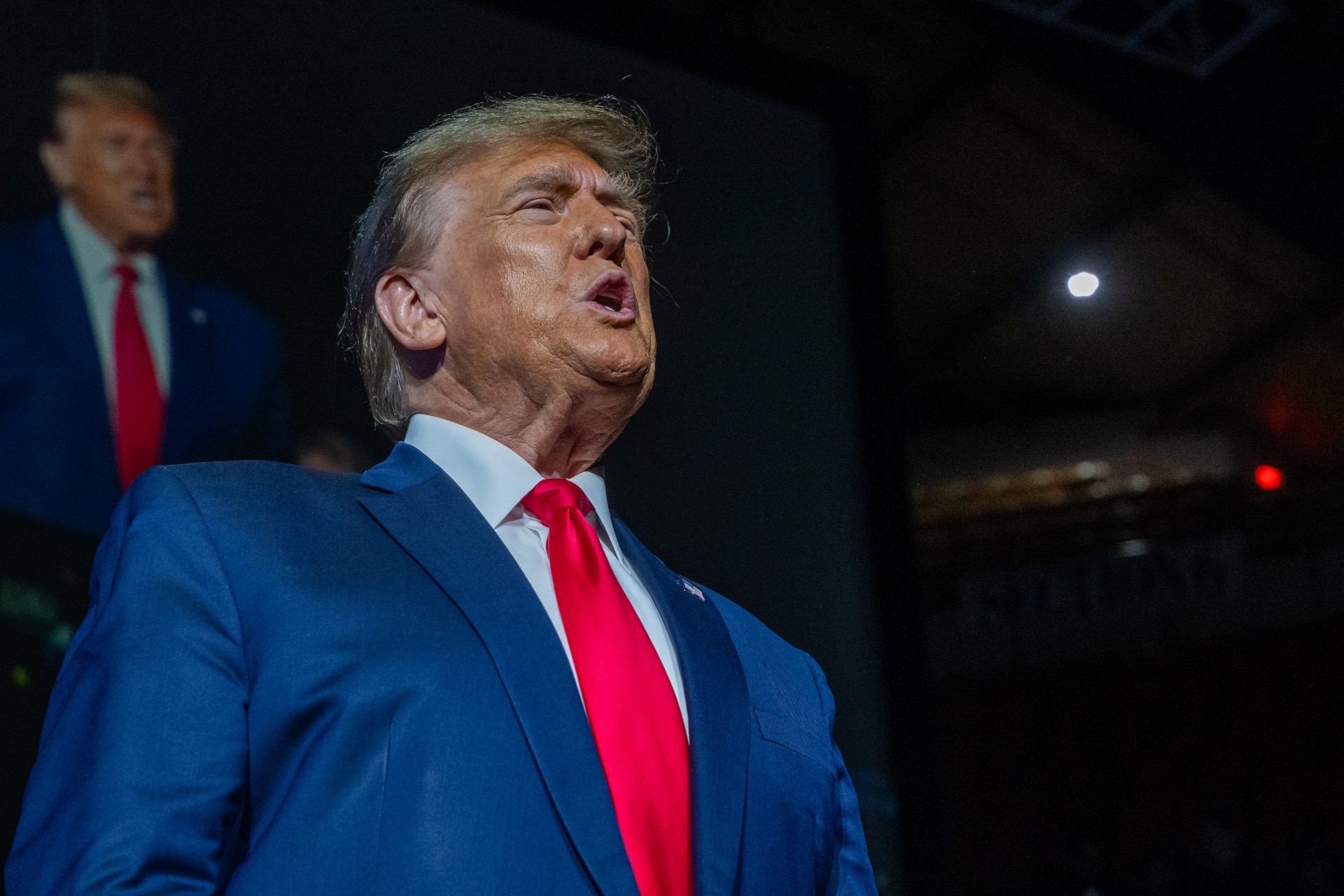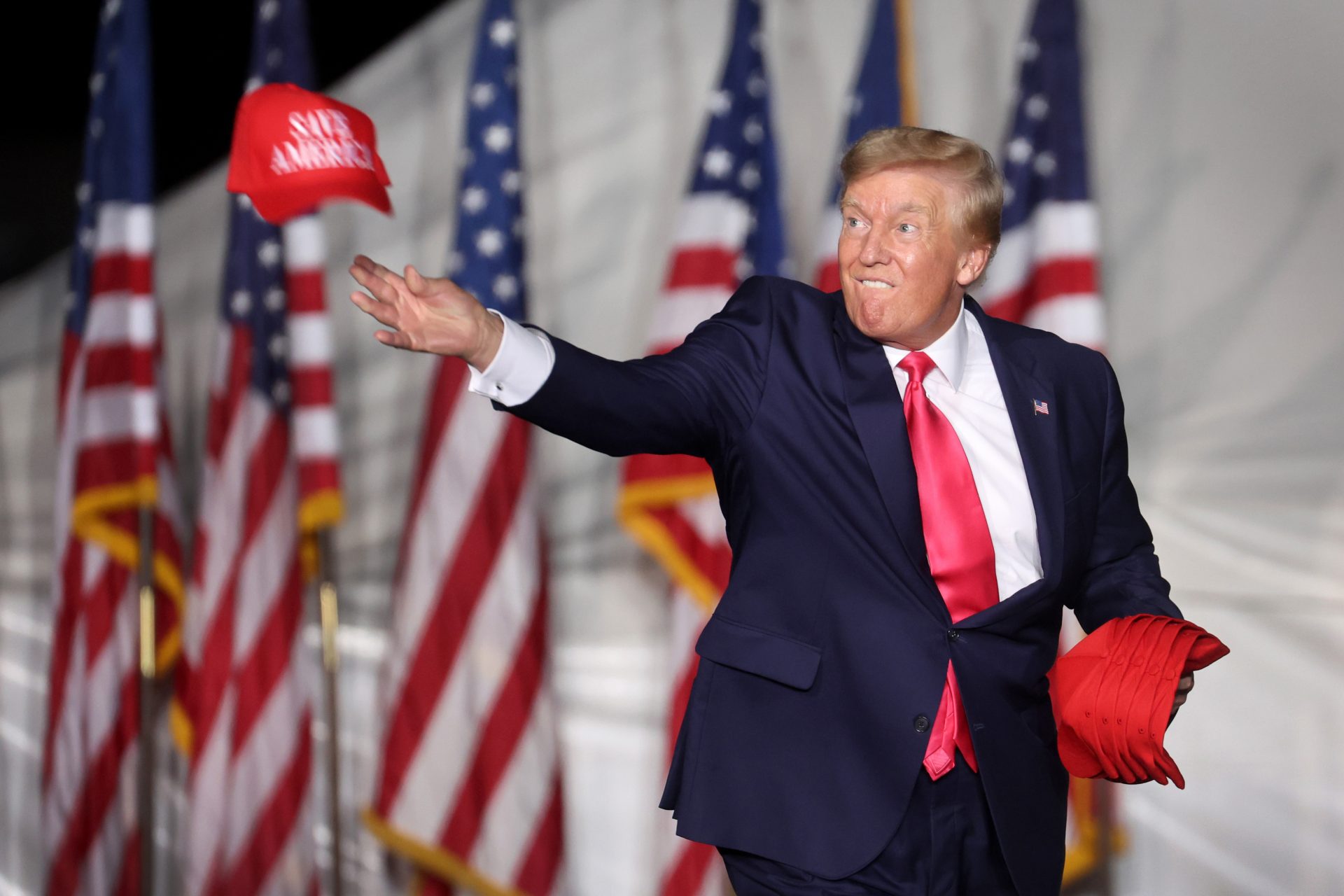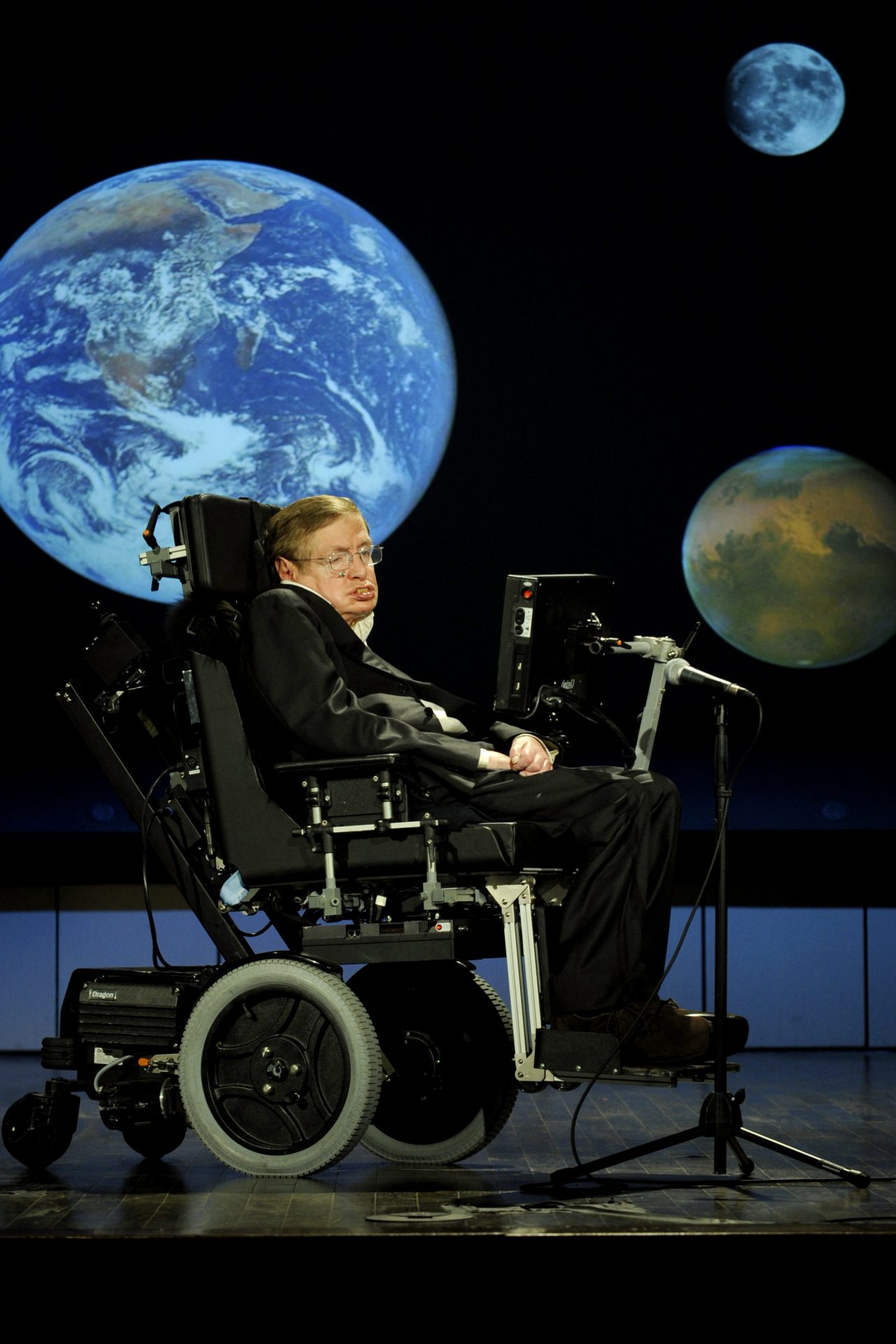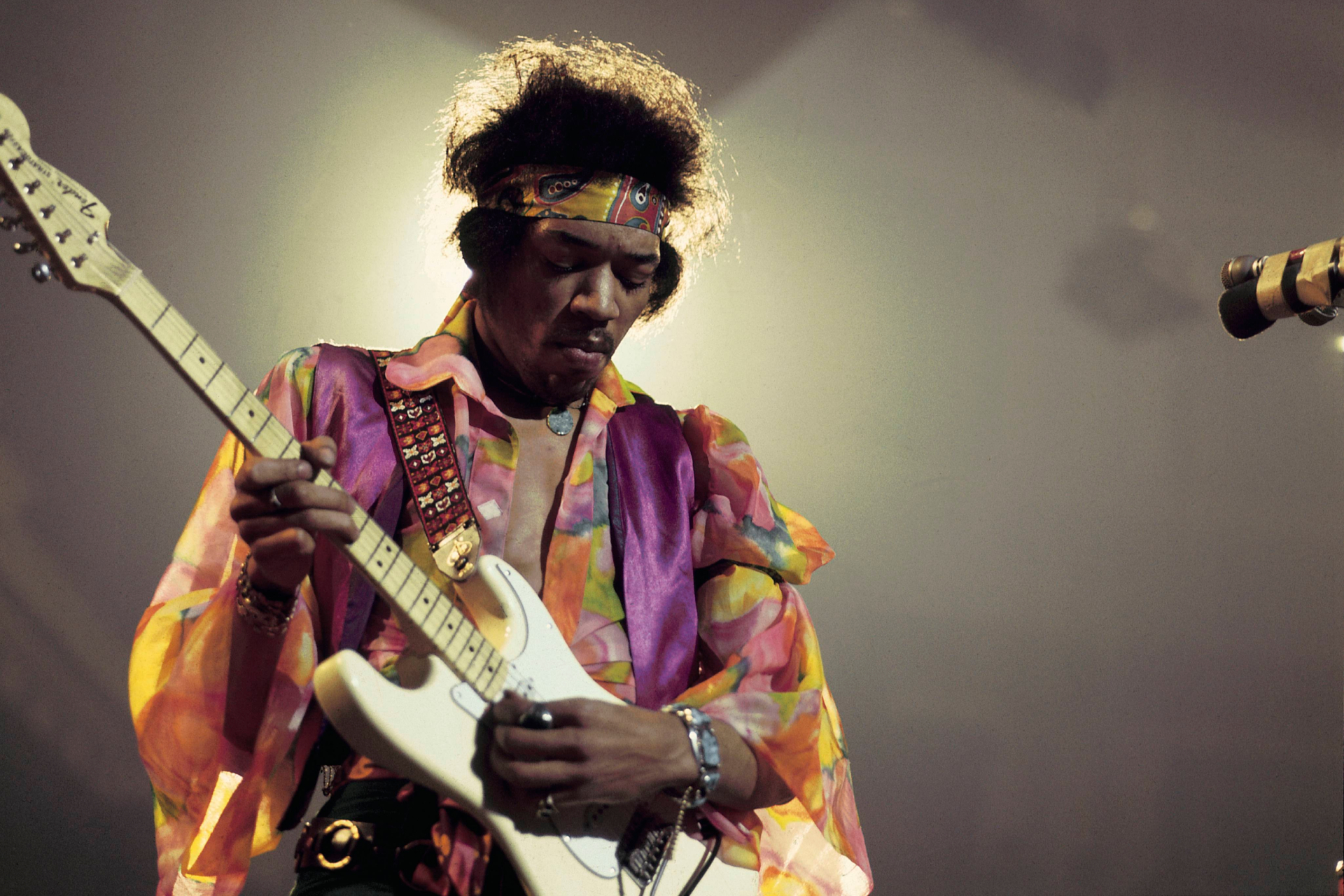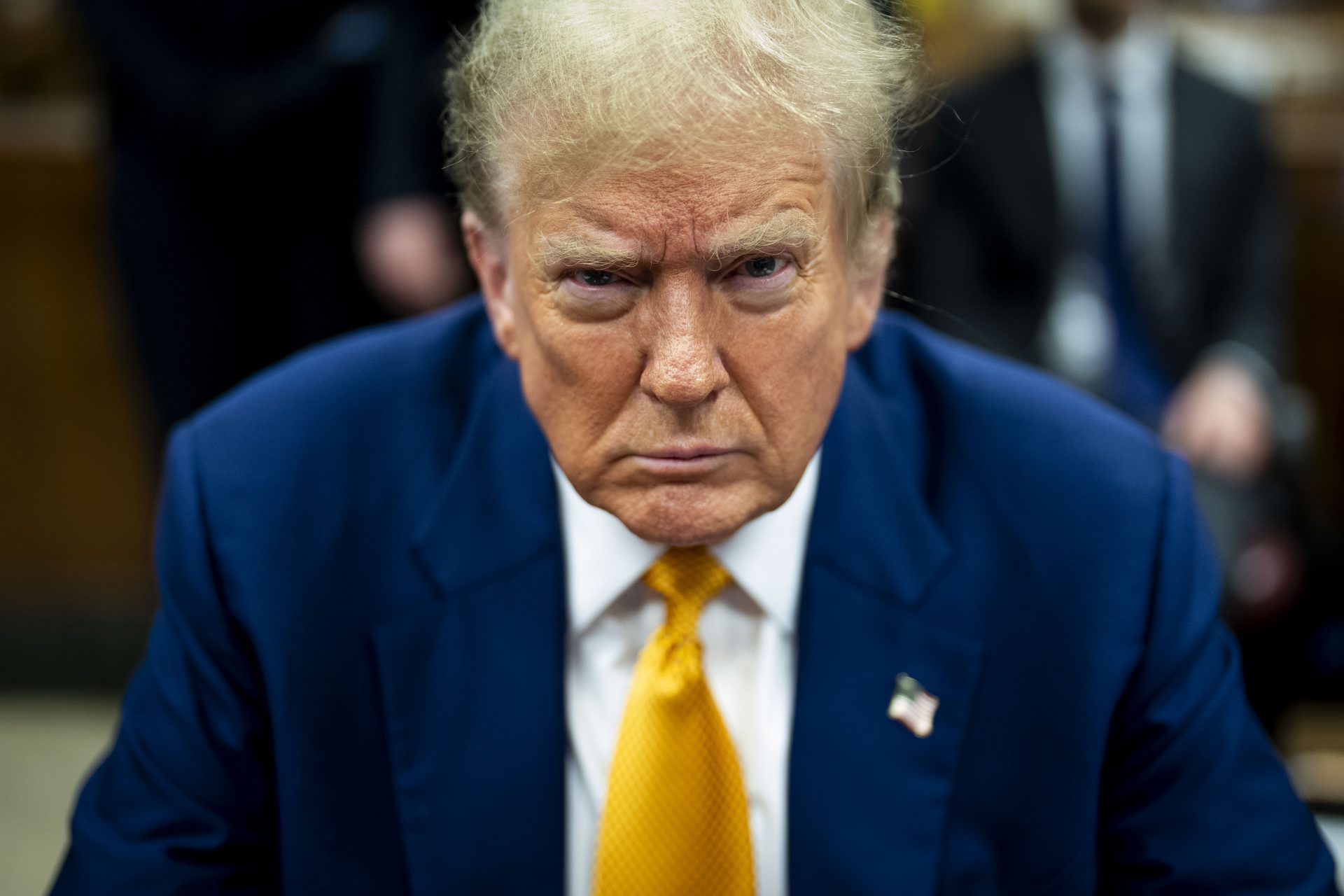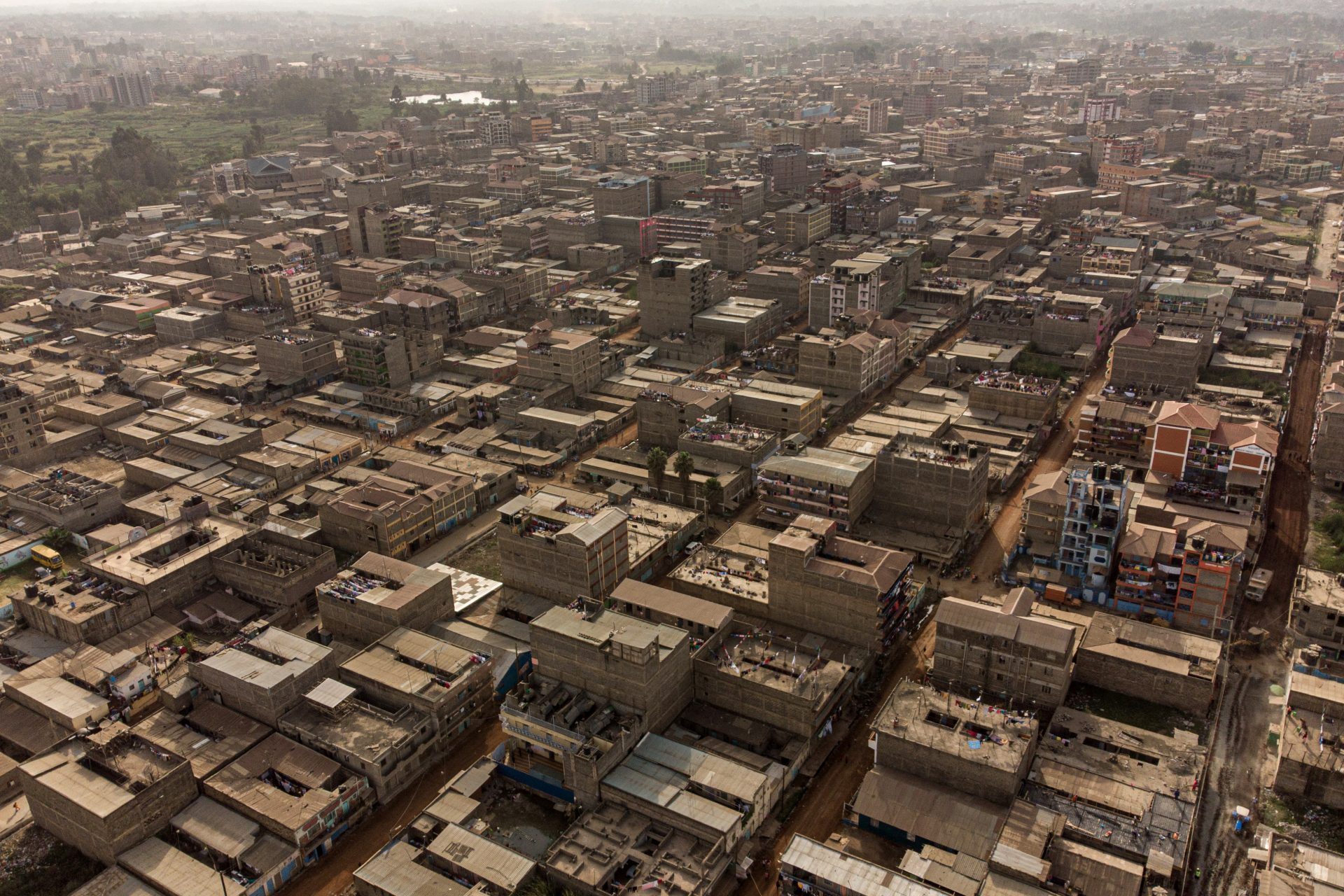Ryanair drops controversial Afrikaans test: the language of oppression
Ryanair has dropped a requirement for South African passengers to prove their nationality before travelling by completing a test in Afrikaans, the airline’s chief executive Michael O’Leary said in a conference after the policy caused a backlash among South Africans.
“Our team issued a test in Afrikaans of 12 simple questions like what’s the name of the mountain outside Pretoria? They have no difficulty completing that, but we didn’t think it was appropriate either. So we have ended the Afrikaans test because it doesn’t make any sense”, said O’Leary.
Image: Marty Sakin/Unsplash
South Africans condemned Ryanair for making them take the test in the Afrikaans language on UK flights, calling it discriminatory and racist. Even though the airline doesn’t operate flights to and from South Africa, it required any South African passport holder flying to Britain from elsewhere in Europe to prove their nationality.
Image: Portuguese gravity/Unsplash
Ryanair had defended the test in a statement. “Due to the high prevalence of fraudulent South African passports, we require passengers travelling to the UK to fill out a simple questionnaire issued in Afrikaans," it said in a statement.
"If they are unable to complete this questionnaire, they will be refused travel and issued with a full refund," the airline continued. Such was the case of a South African expat who said she and her 11-year-old son were denied their boarding passes from Ireland Airport to the UK.
Image: L. Filipi C. Souza/Unsplash
The country has 11 official languages, and many say they cannot understand Afrikaans, a language which was imposed during white-minority rule. In fact, only around 13% of the population speak Afrikaans, according to a 2011 census.
Image: Rachel Martin/Unsplash
“Afrikaans was a second language in former white schools and as students we had to get good Afrikaans marks to progress to the next grade”, writes Nomsa Maseko, a BBC journalist. “As a result of this I swore to never speak Afrikaans again after I left high school and went to university. I would have failed this test.”
One person described Ryanair's policy on Twitter as "bigoted rubbish". Another person told Ryanair that South Africa is “no longer in Apartheid". "Educate yourselves", the tweet continued.
Image: Claudio Schwarz/Unsplash
A South African man who was flying from Lanzarote to London in May said he was shocked when Ryanair took away his passport and boarding pass before presenting him with the Afrikaans test, according to the BBC. When he protested, Ryanair staff told him: "This is your language."
"It's callous and insensitive to force people to write a test which would evoke so much emotion around it. The language of apartheid was Afrikaans," said the passenger to the BBC, insisting that speaking Afrikaans has nothing to do with how South African someone is.
Image: Karabo Mdluli/Unsplash
“South Africa's black majority views Afrikaans as an unfriendly language of the oppressor, or even a language of white racists, as it was forced down their throats at local schools”, writes journalist Nomsa Maseko. This is why many black South Africans are reluctant to speak Afrikaans.
Image: Santi Vedri/Unsplash
The 1976 Soweto Uprising is one of a number of violent protests in which thousands of black children from South African township schools took to the streets to protest against the introduction of Afrikaans as a language of instruction.
A more recent protest took place in the elite university, Stellenbosch, that came under fire in 2015 for using Afrikaans in lectures, with some students saying they struggled in classes because of it.
Nowadays it’s no longer mandatory to learn Afrikaans in schools, although most schools have it as an additional language and some universities still manage to use it as a secondary language, as well, according to Hein Willemse, Professor of Afrikaans at the University of Pretoria.
Image: Blaire Harmon/Unsplash
“Other than just the known hegemonic apartheid history inculcated by white Christian national education, propaganda and the media, Afrikaans also has a black history”, writes Professor Hein Willemse in The Conversation.
There’s a belief that most Afrikaans speakers are mixed-race or white descendants of Dutch, German and French settlers, but according to a study by SA Institute of Race Relations (SAIRR), 6 in 10 Afrikaans speakers are black.
Afrikaans is a creole language that evolved during the 19th century under colonialism in southern Africa. This simplified, creolised language had its roots mainly in Dutch, mixed with variants of Malay, Portuguese, Indonesian and the indigenous Khoekhoe and San languages.
In Namibia, Botswana and Zimbabwe Afrikaans it’s spoken across all social indices, by the poor and the rich, by rural and urban people, by the under-educated and the educated, according to Professor Hein Willemse.
Image: Justice Hubane/Unsplash
When the white Afrikaner nationalists came to power in South Africa in 1948 they brought a set of ideas about society, social organisation, the economy, culture and language, explains Willemse in the Conversation.
White Afrikaner nationalists created the myth that they, and only they, spoke for those identified as “Afrikaners” and minimised the role and place of black Afrikaans speakers in the broader speech community.
“It’s therefore not surprising that socio-political history often casts Afrikaans as the language of racists, oppressors and unreconstructed nationalists”, says Willemse. “But it also bears the imprint of a fierce tradition of anti-imperialism, anti-colonialism, and anti-apartheid.”
Image: Gregory Fullard/Unsplash
More for you
Top Stories

























